Community
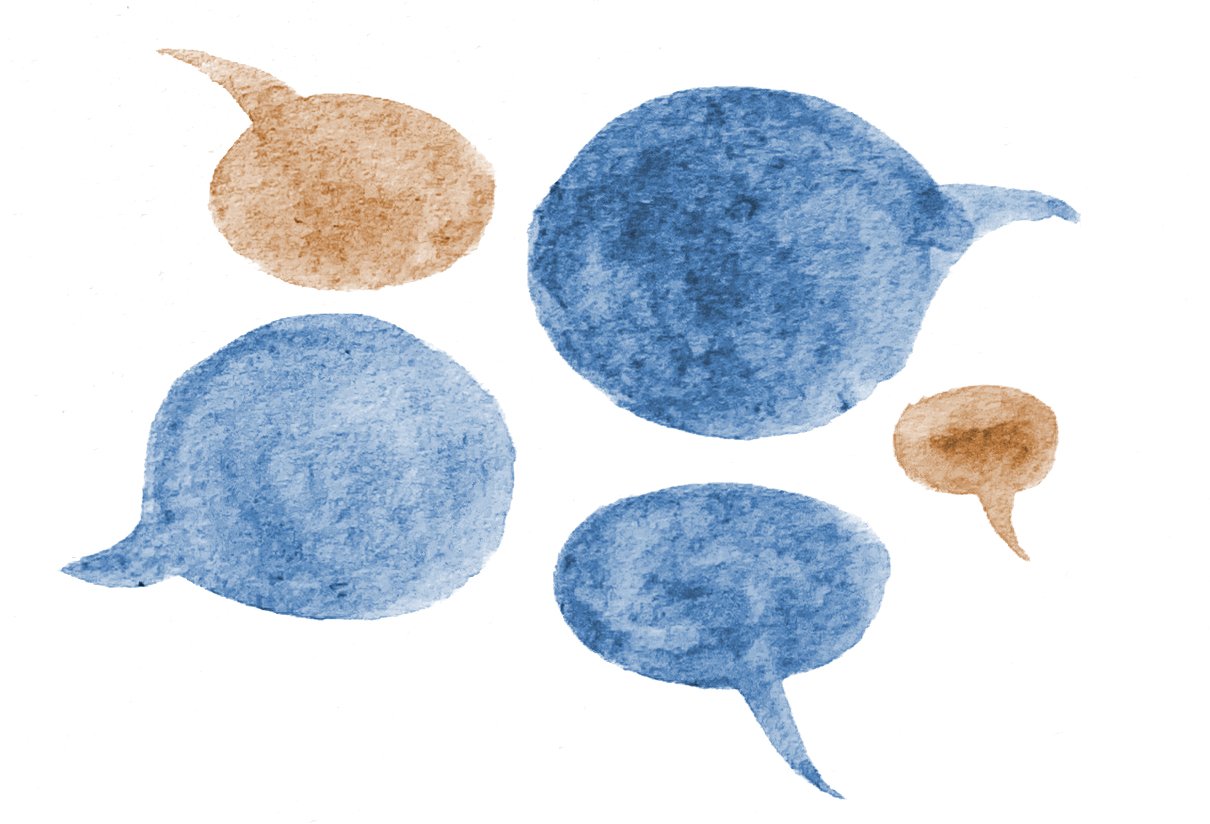
Our legal research reports are just the start of this project - but legal research itself does not speak to the human side to this work. As we release our reports for each of the 45 countries we will also be spotlighting more of the human side - what climate justice means to those working in these countries and what efforts are already underway.
Find out how you can get involved or read our blog posts below for stories on what others are doing around climate justice and how our research fits in with their efforts.
Stories
Durant cet entretien, nous avons échangé avec les Jeunes Ambassadeurs pour le Climat (JAC), une association de jeunes Français visant à sensibiliser la population aux problématiques climatiques et environnementales.
In this interview we spoke with climate activist and law student Nicki Becker, we explore what the research tells us about the status of children’s climate justice in Argentina, but also what the reality is beyond the research and where the gaps are.
En esta entrevista con la activista climática y estudiante de derecho Nicki Becker, exploramos lo que la investigación nos dice sobre el estado de la justicia climática para los niños, niñas y adolescentes en Argentina, pero también cuál es la realidad más allá de la investigación y dónde se encuentran las brechas.
In this interview we spoke with Jeunes Ambassadeurs pour le Climat (JAC), an association of young people in France aiming to raise awareness and educate people on climate and environmental issues.
For International Day of the World’s Indigenous Peoples, climate activist and CRIN Climate Adviser Santiago Flores Medina speaks with Futuros Indígenas: one of Latin America's leading networks in the restoration and preservation of Indigenous Peoples’ rights for autonomous identities. The interview highlights how Indigenous resistance is key to driving systemic change.
En ocasión del Día Internacional de los Pueblos Indígenas del Mundo, el activista climático y Asesor Climático de CRIN Santiago Flores Medina conversó con Futuros Indígenas, una de las redes líderes de Latinoamérica en la restauración y preservación de los derechos a las identidades autónomas de los pueblos indígenas.
This interview with Fithriyyah Iskandar, an environmental youth activist and doctor from Indonesia, covers the intersections of human and planetary health issues; the barriers that marginalised communities face when trying to engage with the judicial systems; and the problems with tokenistic involvement of children and young people by governments and organisations.
Every year on Earth day, it’s common to see messaging around recycling, saving electricity, walking to work and all the other ways in which we as individuals can reduce our impact on the environment. But individual action is not enough to tackle the scale of the climate crisis. As the recent IPCC report made clear, activism is key to tackling climate change.
Today we launch our project Children’s Access to Environmental Justice, in which we look at children’s environmental rights, and the laws and systems that affect them. We want to have conversations about how the law can be used to make children’s environmental rights a priority, and make it easier for those involved in youth climate activism to understand and use the law.
Support the campaign!
Support our campaign by liking and sharing our posts and comment to let us know what you think.


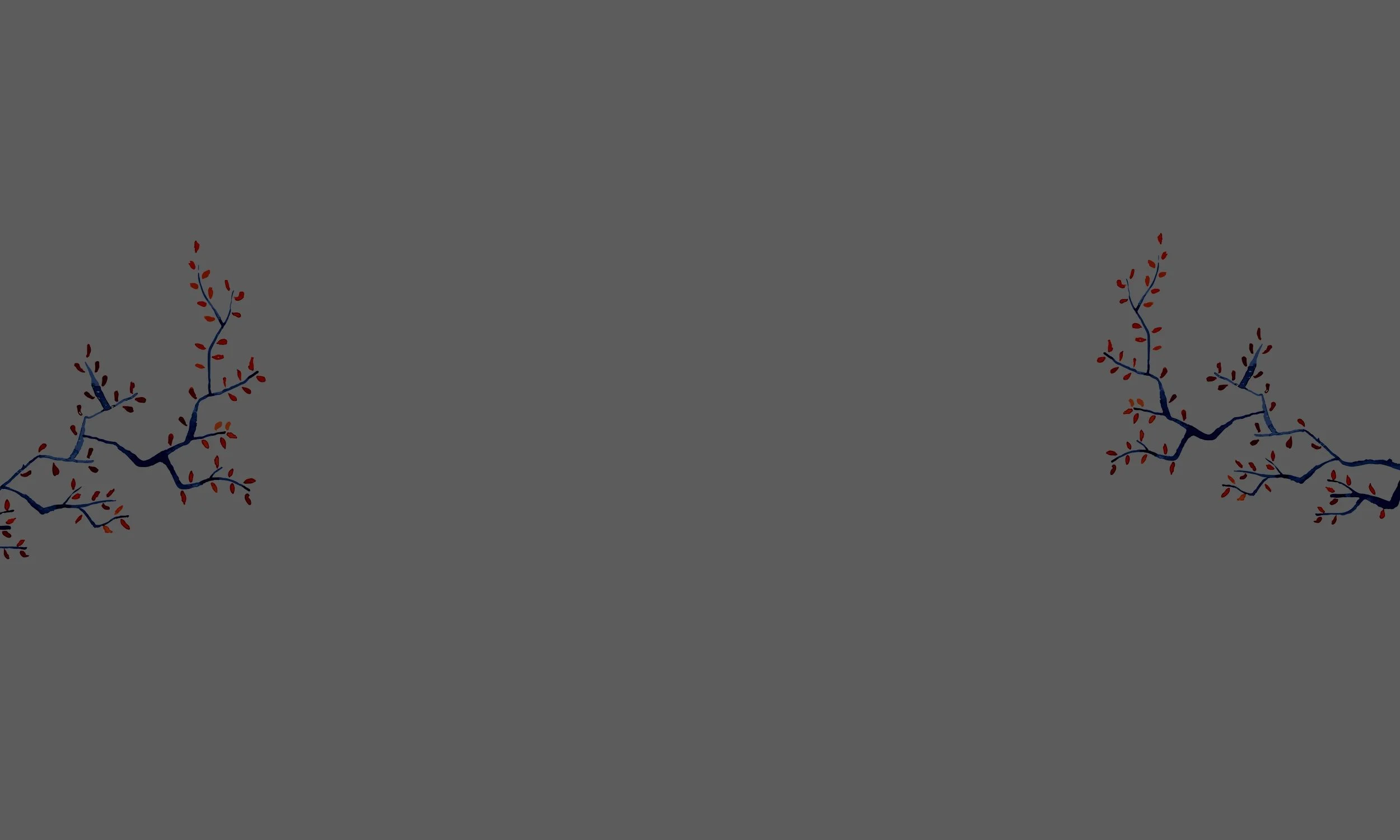






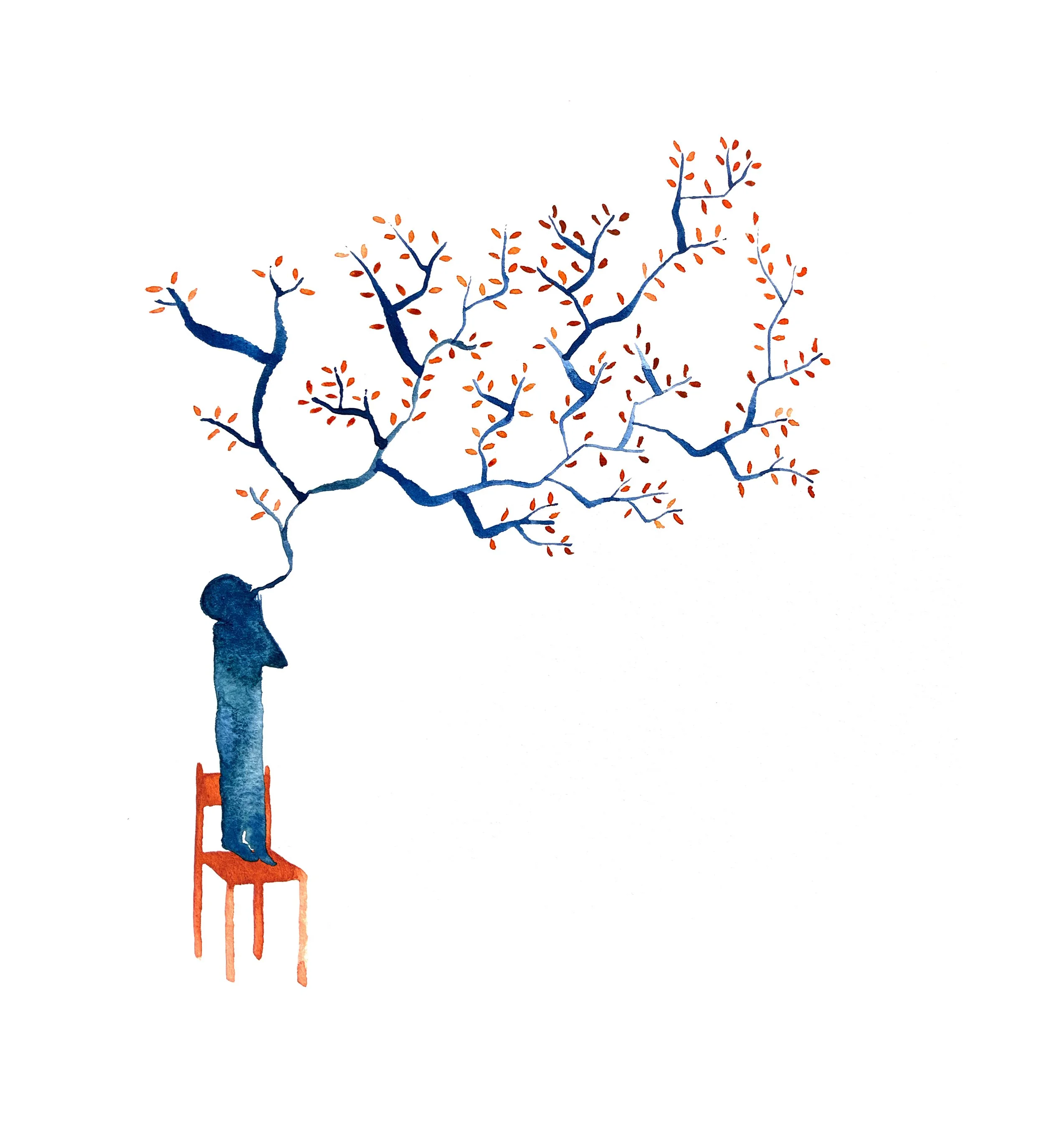
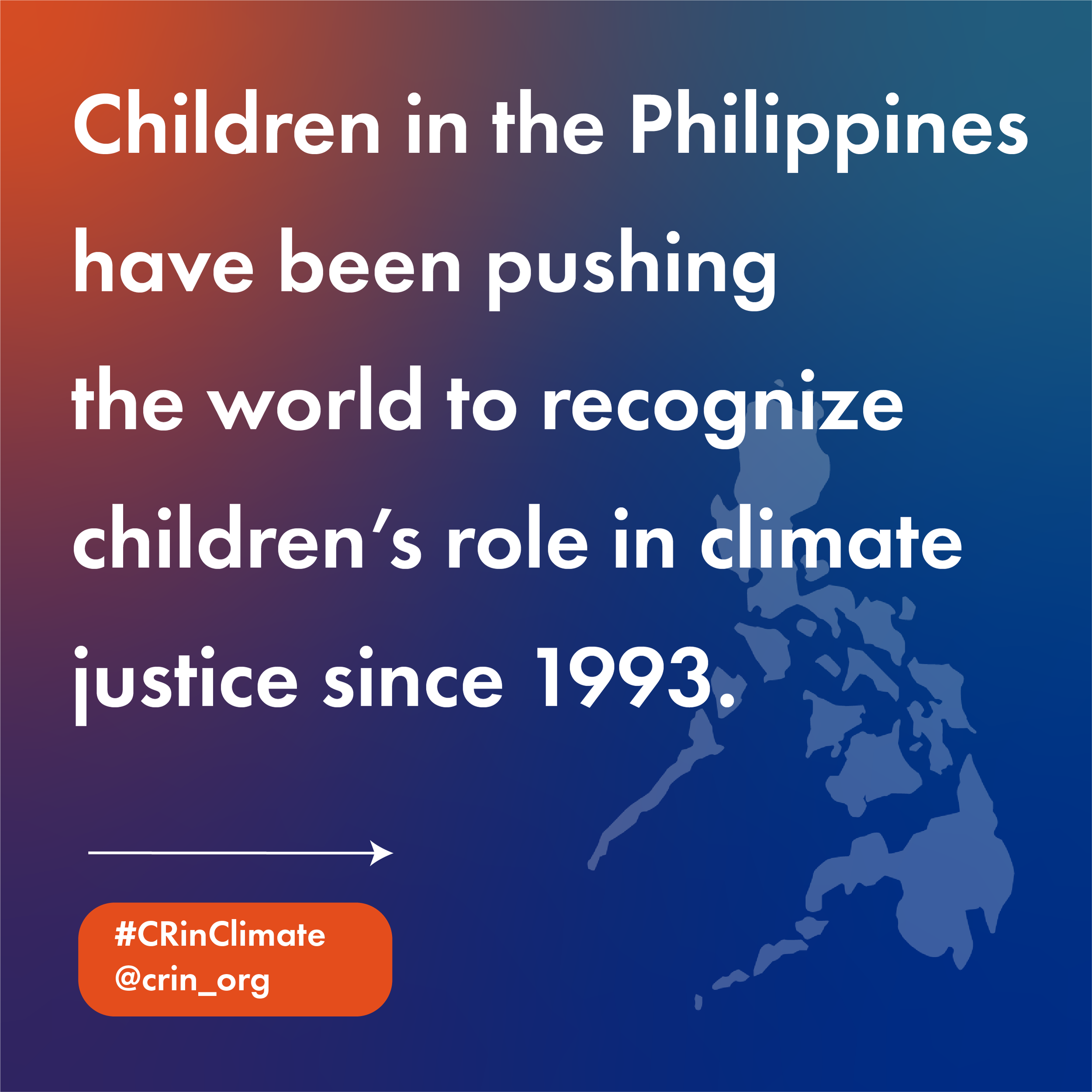
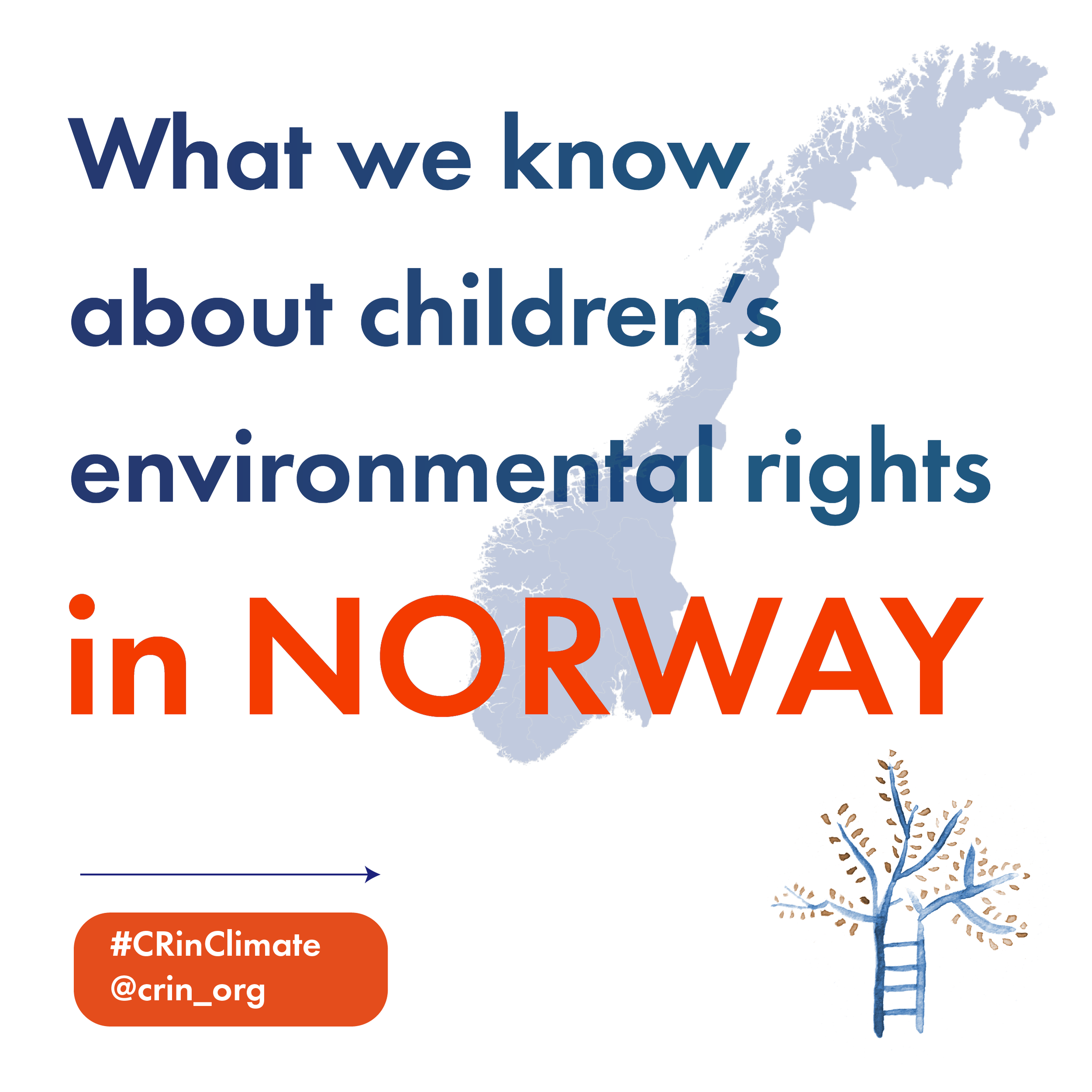
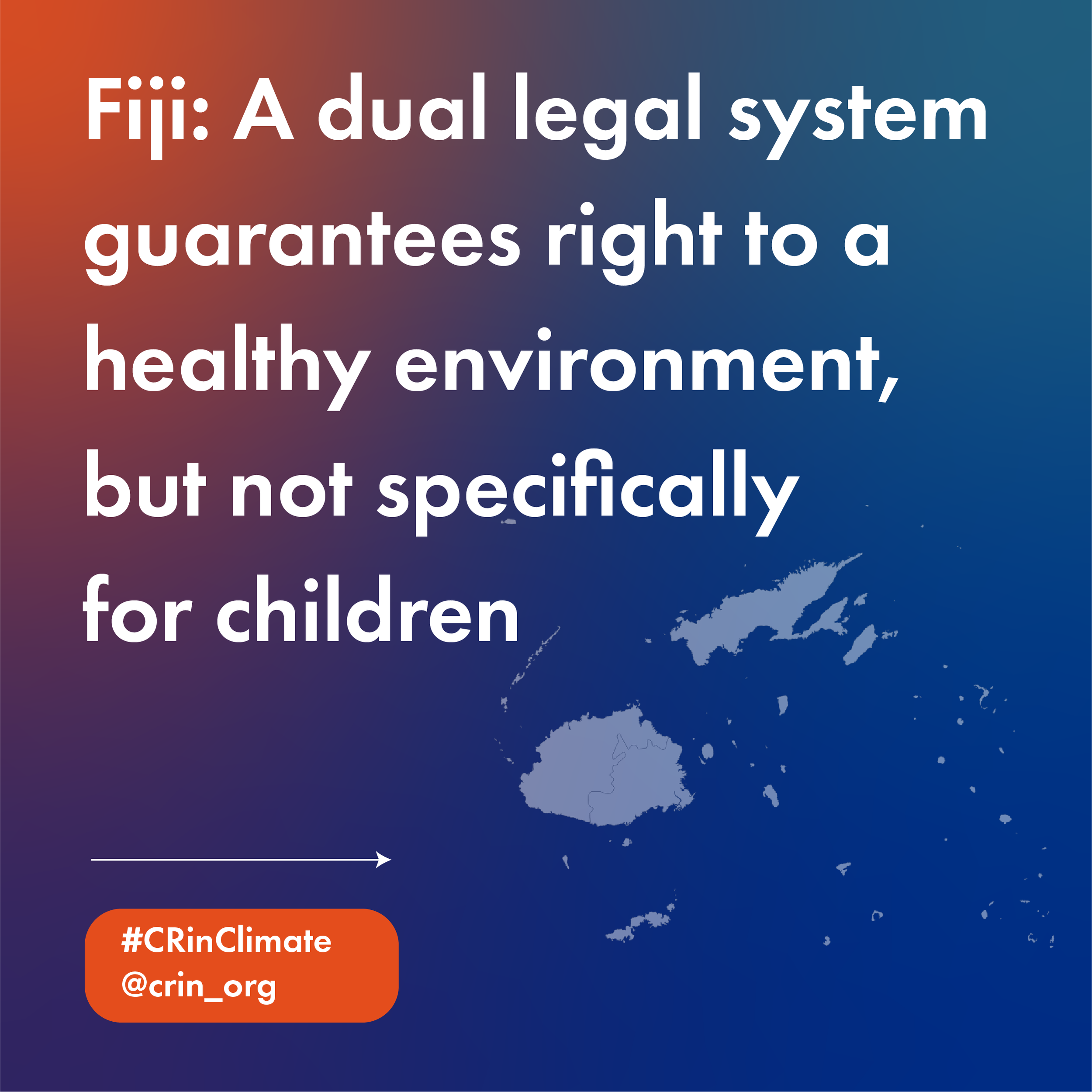

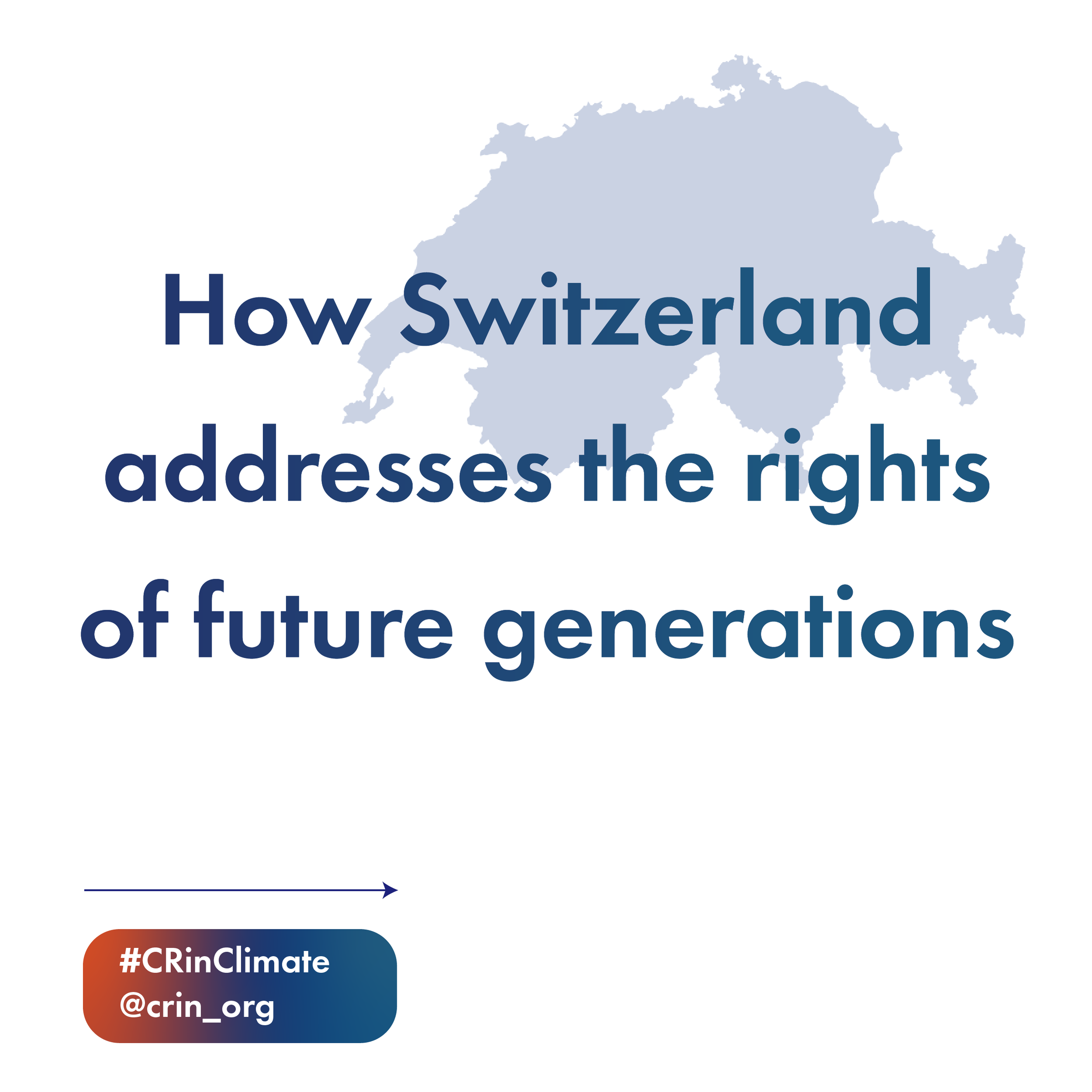


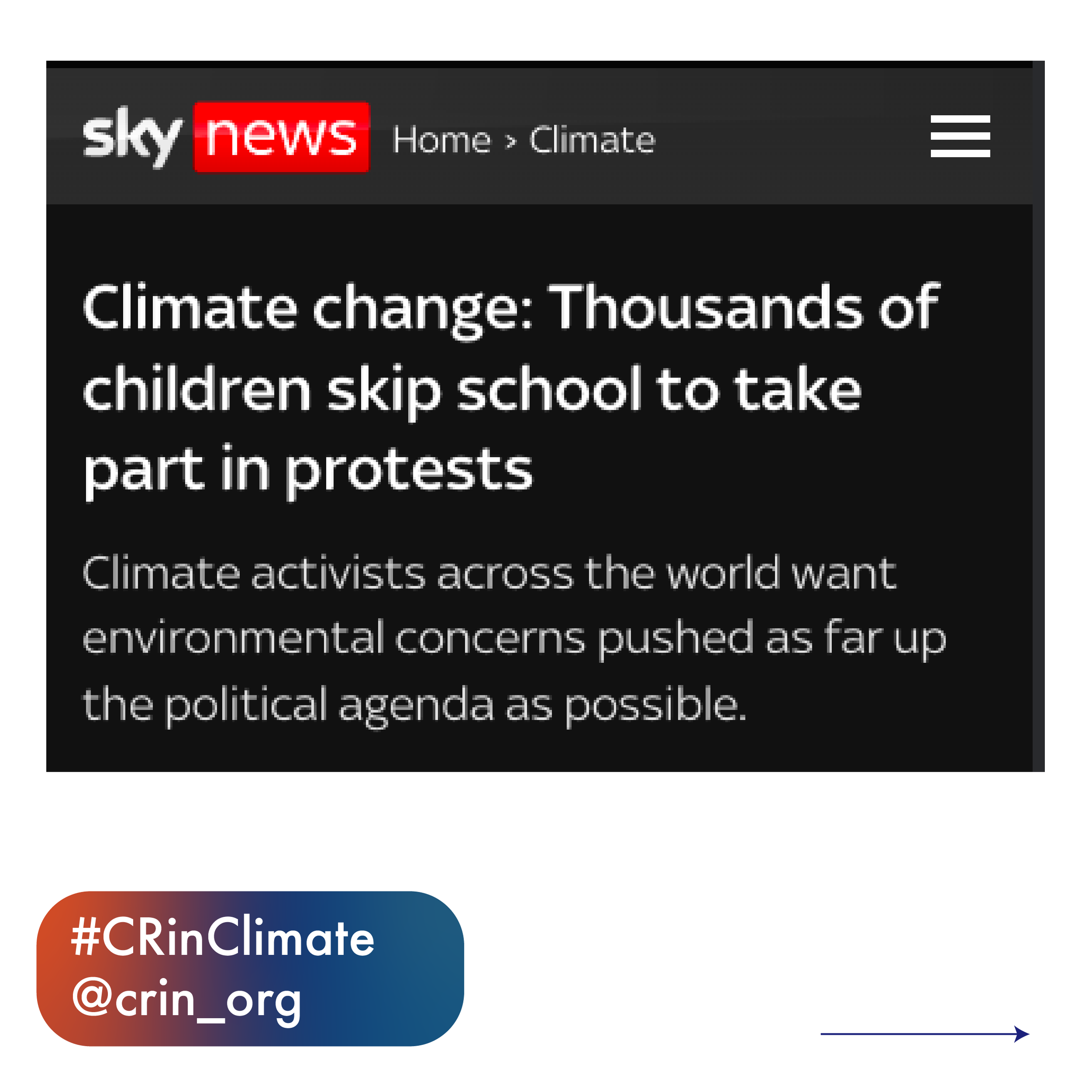
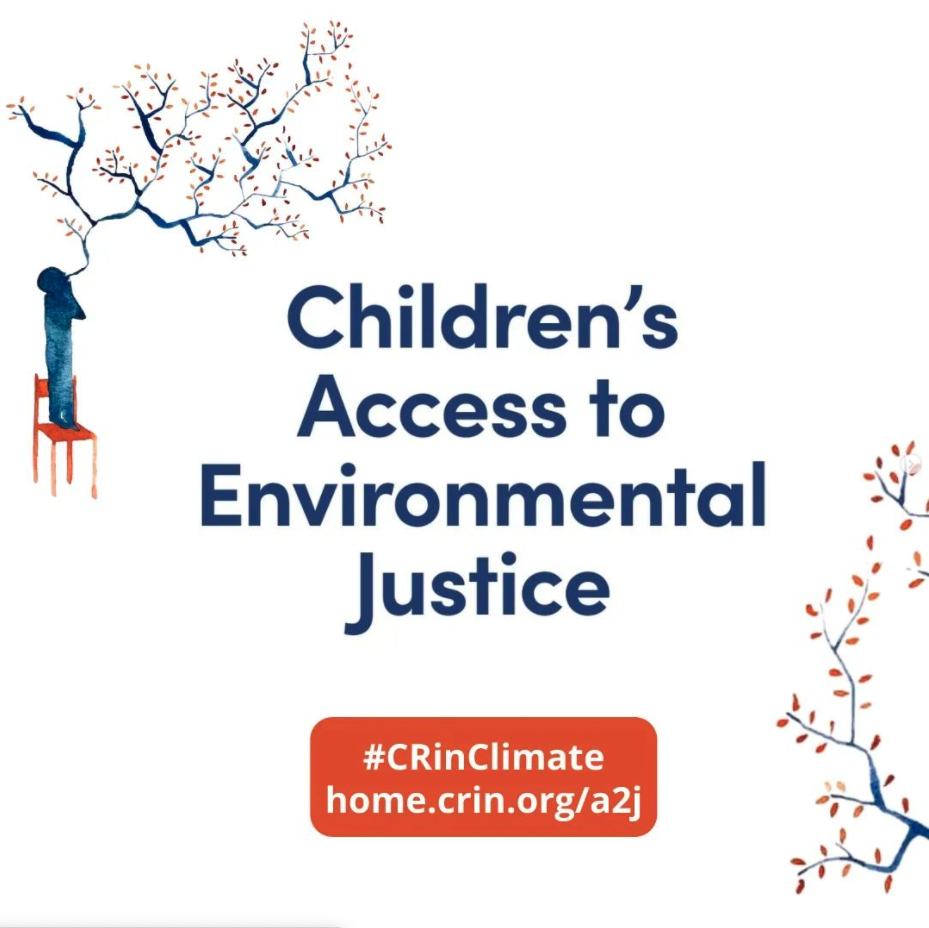
In this interview, we speak with CRIN’s Climate Adviser Shirley Akinyi Ochieng, a 15-year-old environmental activist from Kenya who has been leading projects, campaigns and conversations advocating for the protection of her country’s environment. She discusses the impact of climate change in her community, as well as the importance of community awareness, government accountability and why children’s perspectives are needed in climate decision-making.